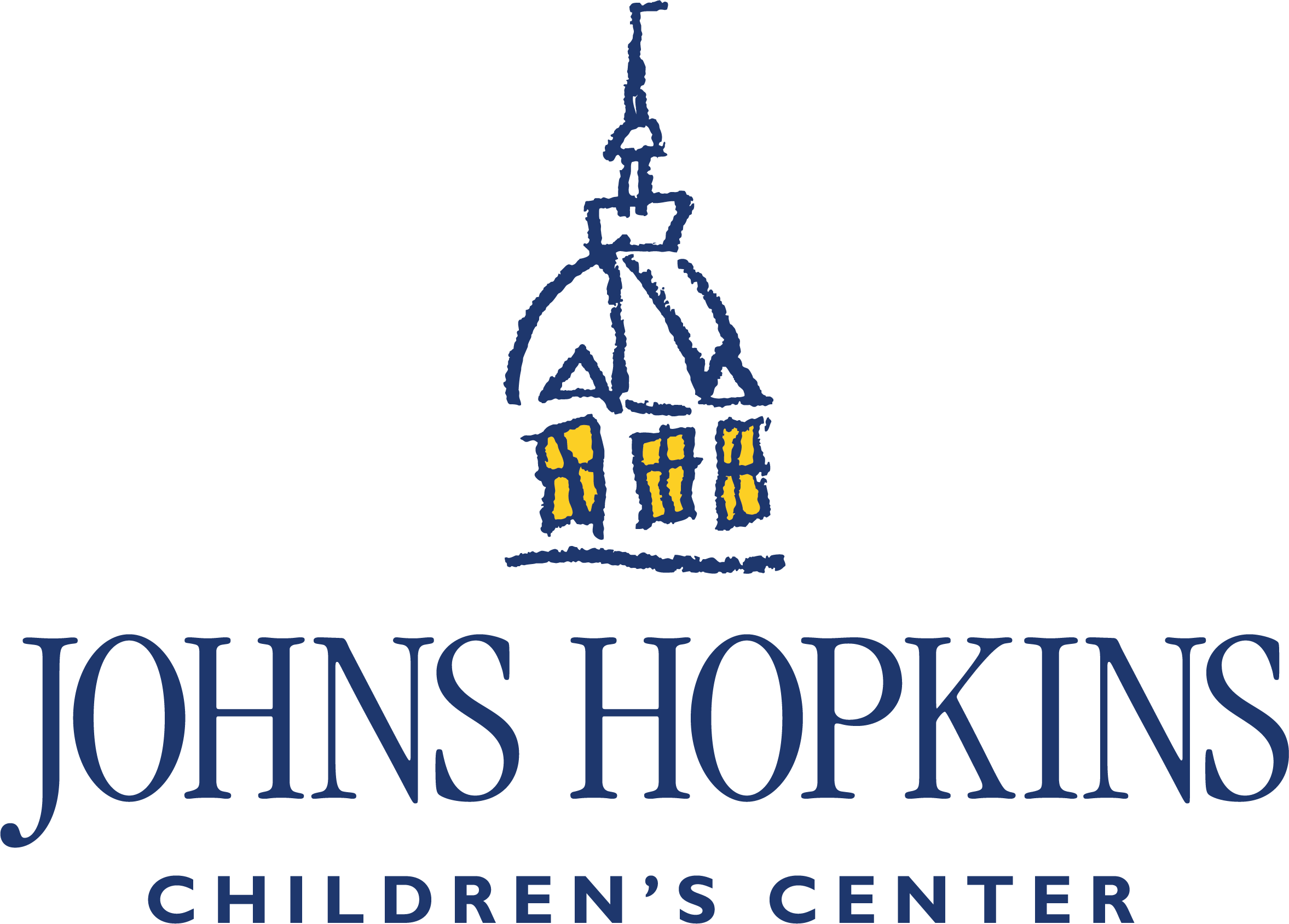Program Structure and Faculty – Pediatric Allergy and Immunology Fellowship
Program Director
Dr. Robert Wood is the training program director. He completed his fellowship training at Hopkins in Dr. Eggleston’s laboratory in 1988 and has been on the faculty since that time. He took over as division director in March 2005, upon the retirement of Dr. Jerry Winkelstein, who had been the director for nearly 30 years. Dr. Wood has directed the Pediatric Allergy Clinics and the Allergy consultation service since 1988 and has been the primary research mentor for 18 prior and current fellows.
In addition, as the program director for our NIH Training Grant, Dr. Wood directly supervises the overall training of other fellows supported by this training grant for whom he is not the primary preceptor. In this role, he serves as an additional resource to fellows and to ensure that each fellow’s research training serves to launch him or her into a successful career as an independent investigator. The division has received funding for fellowship support through the NIH Training Grant continuously since 1980.
Administrative Structure
This training program is administered by the faculty and support staff of the Division of Allergy and Immunology in the Department of Pediatrics. Donna Dieterich, the division’s administrator, plays a key role in the organization of the division. Dr. Wood is the director of the division and also the director of the Fellowship Program. Drs. Lederman, Matsui, Guerrerio and Keet have independent research programs within the division, with their own technical staff and funding (see below). Each faculty member is responsible for their own research programs and, therefore, the day to day supervision of fellows for whom they are acting as preceptor. Each fellow also meets at regular intervals with Dr. Wood to discuss the development of his or her individual program, his or her own progress and any changes that need to be made in order to better suit the training goals for that individual fellow.
Description of the Training Program
As stated, the goal of the program is to train specialists in Allergy and Immunology who will go on to successful academic careers. To achieve this goal, the program is designed to be three years in duration, with a substantial focus on research, while still fulfilling all of the clinical and didactic requirements as put forth by the American Board of Allergy and Immunology to be certain that all fellows will be able to get board certification. For most fellows, the clinical training is spread over the three year training period to maximize research opportunities. We are confident that this structure best serves fellows to be fully prepared for a career in academic medicine. However, we have also built considerable flexibility into the training program to meet individual fellow’s needs. For example, three recent fellows have been able to obtain a master’s degree in Epidemiology during their three-year training period.
Didactic Education
Extensive didactic opportunities are also provided throughout the fellowship. From July through mid-September of the first year, each fellow attends a series of orientation lectures and seminars presented by the faculty to acquaint new trainees with fundamental issues in both clinical practice and research. This series requires two afternoons per week, plus assigned reading. In mid-September these didactic sessions for new residents are replaced by the normal divisional schedule of conferences, which continue throughout the fellowship. Required conferences are scheduled for Monday mornings (Pediatric Allergy Conference) and Wednesday (Clinical Teaching Conference) and Friday afternoons (Allergy and Clinical Immunology Conference), which are protected times with no clinics in operation. The weekly Wednesday Clinical Teaching Conference is devoted exclusively to the training of clinical fellows and includes four rotating formats. The Friday Allergy and Clinical Immunology conference also features presentations and discussions by divisional or visiting faculty on clinical topics in allergy and clinical immunology. In addition, all trainees are encouraged to attend divisional research conferences on Wednesday afternoon. By the middle of the first year, each trainee is expected to present at one of these conferences his or her plans for research activities. Participation in these conferences continues during the second and third year.
In the fall, each first-year trainee’s clinical assignments are cleared so that he or she may attend an Intensive Course in Fundamental Immunology held at the medical school. All second-year fellows are assigned for two consecutive full-time weeks to a Clinical Research Methods course. This course introduces trainees to basic biostatistics and experimental design, issues in clinical investigation, regulations and ethical considerations in clinical research, and the use of computers to assist in project organization and analysis. In alternate years the faculty organizes and teaches in a weekly seminar format a course in clinical immunology; the allergy/immunology “primer” published in JACI is used as a background text. This course, which runs for about 30 weeks, is mandatory and a written examination is used to evaluate mastery of the material.
Attendance is also encouraged throughout the year at the weekly Immunology Council Seminar where local and outside immunologists discuss ongoing research efforts in the field of basic and clinical immunology. In addition, there are virtually unlimited opportunities for additional coursework and seminars throughout the University, including the Medical School and the School of Public Health. These opportunities range from individual seminars to formal coursework in biostatistics to full master’s degree programs depending on the background and interests of the trainee.

